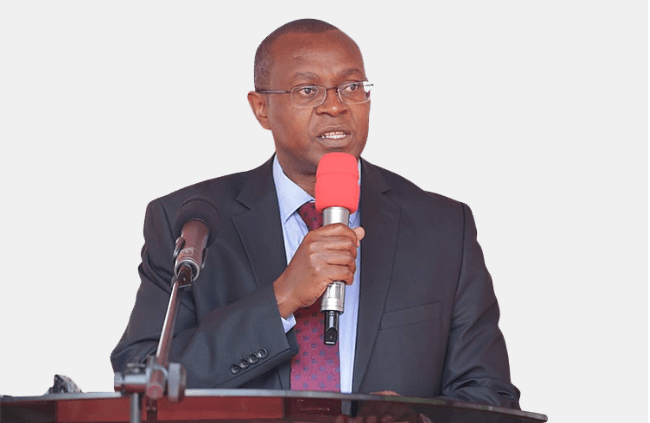
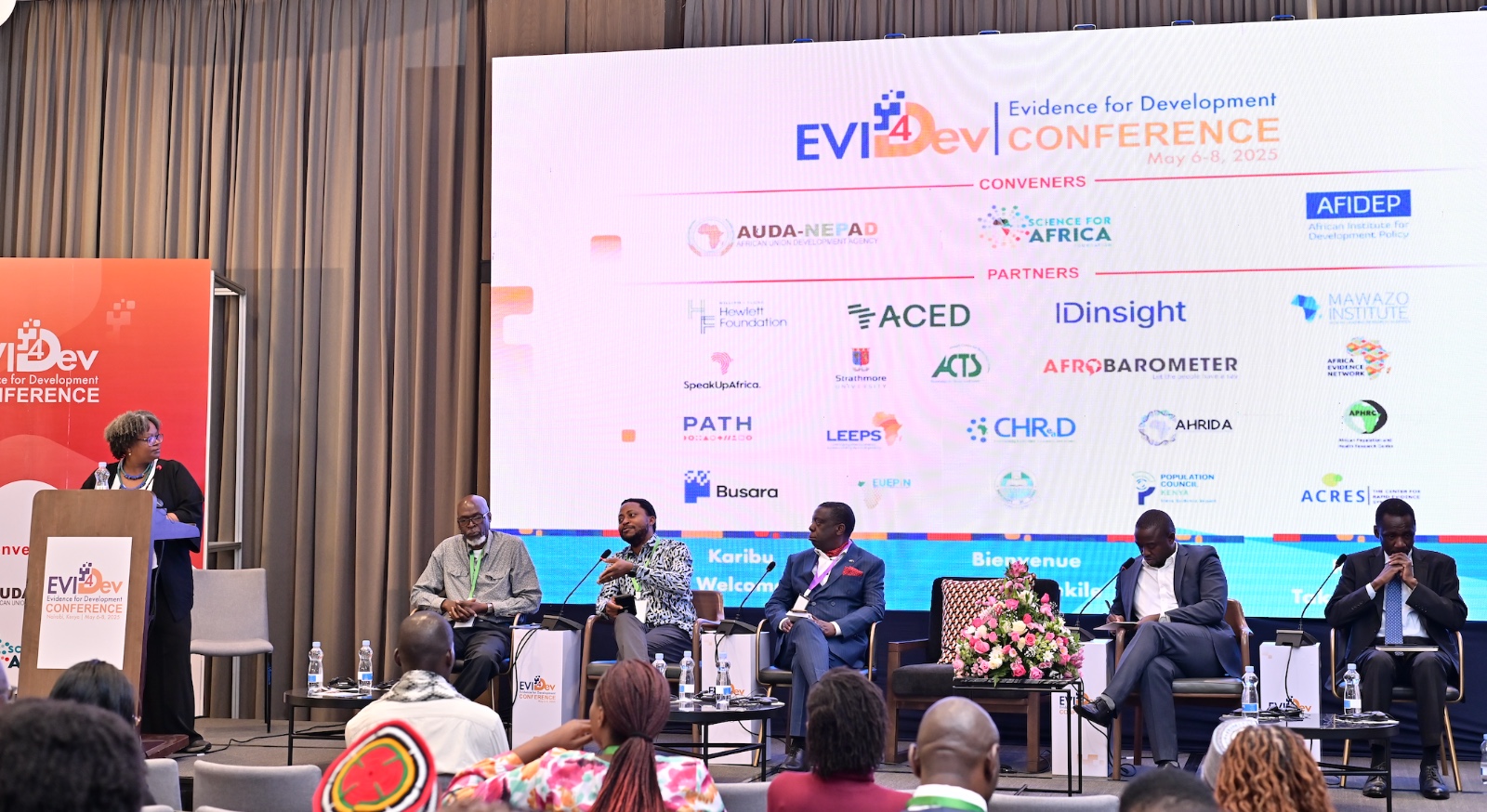
Experts at the Evidence for
Development (Evi4Dev) Conference have called for African nations to adopt
innovative financing, integrate emerging technologies, and improve efficiency
in their health systems to achieve resilient and equitable healthcare.
Speaking on the second day of the
conference, leaders in health and economic policy said African governments must
shift from fragmented and donor-dependent systems toward domestic resource
mobilisation, community-led solutions, and digital innovation.
Dr. Daniel Mwai, Presidential
Advisor on Health Financing in Kenya, said disjointed services and vertical health
programmes continue to undermine healthcare delivery across the continent.
“We can cut the cost of healthcare
in Africa by 40% if we reorganise and plan well in its delivery,” he said,
urging a shift towards preventive rather than curative care and a more
integrated health workforce.
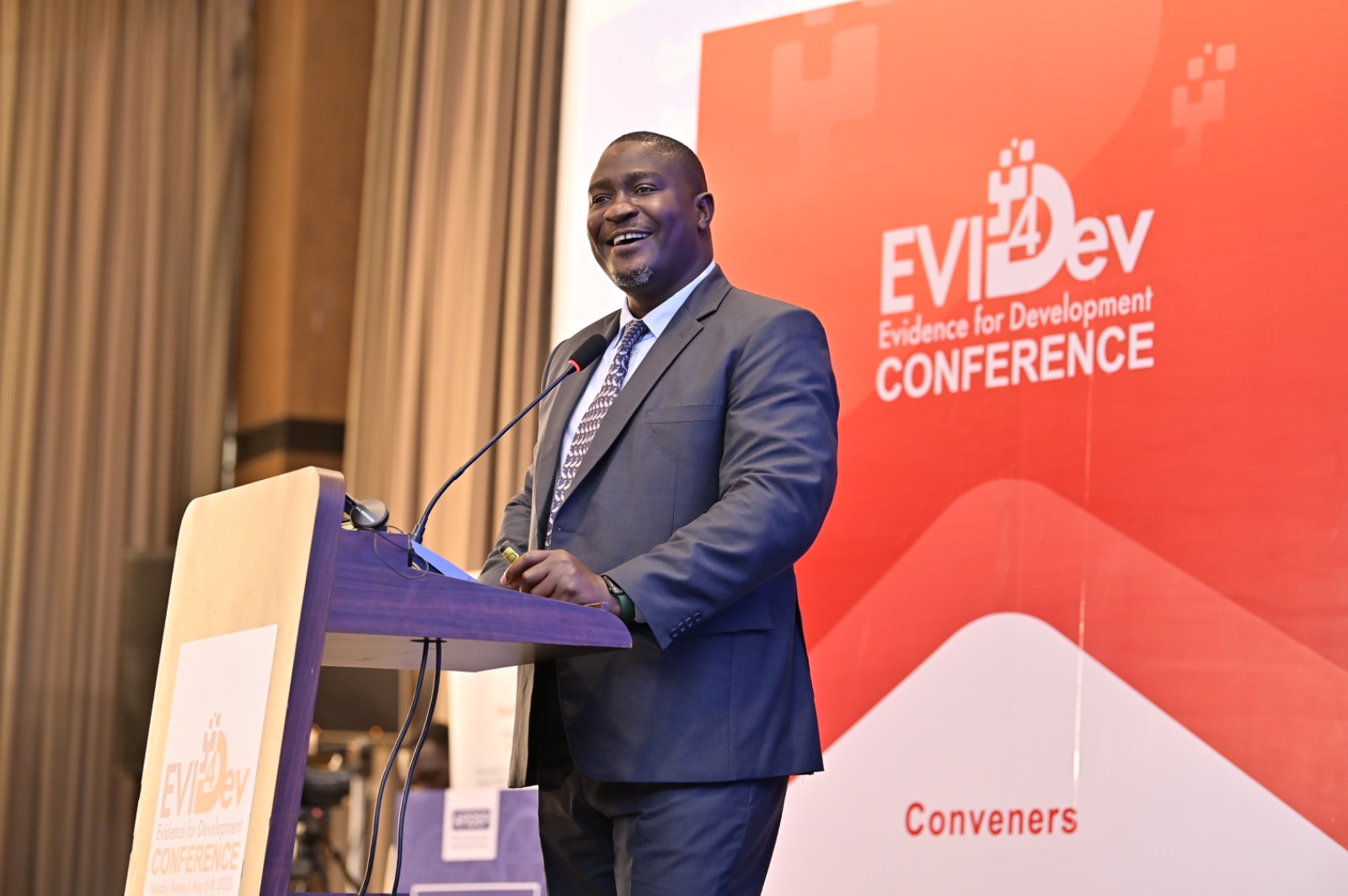
Representing subnational leadership,
Roseline Omollo, County Executive Committee Member from Homa Bay County,
outlined grassroots efforts to cut costs and improve health outcomes.
“In Homa Bay County, we are reducing
costs and increasing coverage by adapting local solutions that resonate with
our communities,” she said, highlighting initiatives to boost enrollment in the
Social Health Authority (SHA) through citizen engagement.
Dr. Jackson Otieno, a Senior Policy
Analyst at the African Institute for Development Policy (AFIDEP), warned of
mounting fiscal challenges, including climate change, shrinking foreign aid,
and rising debt.
He noted that in 2020, Development
Assistance for Health (DAH) made up over 20% of health spending in 24 African
countries, surpassing government health expenditure in 10 of them.
“African countries should transition
from donor dependency to domestic resource mobilisation,” he said, suggesting
health taxes, anti-corruption measures, and expanded health insurance coverage.
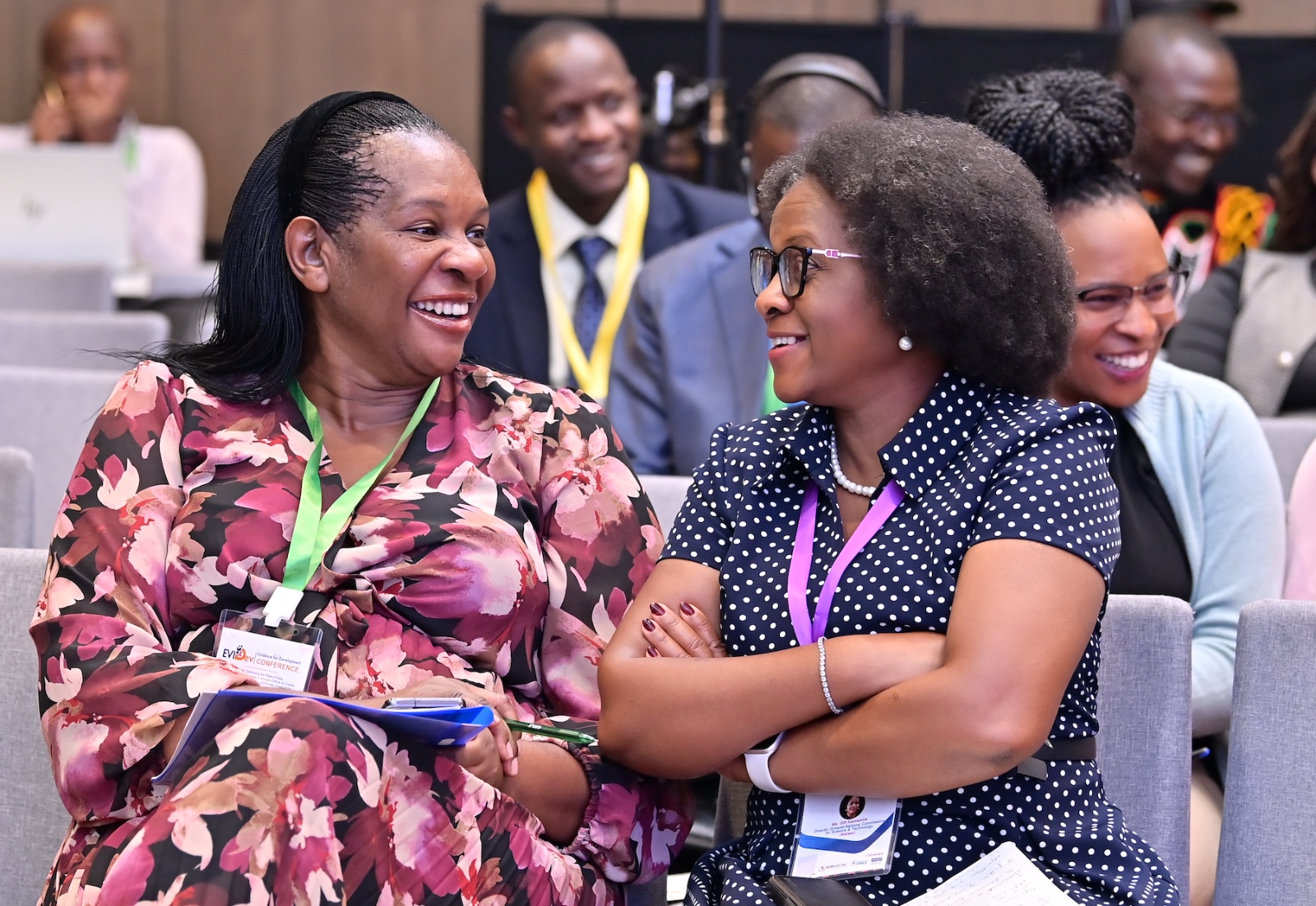
Prof. Victor Murinde, Executive
Director of the African Economic Research Consortium (AERC), echoed the call
for digital transformation.
“The adoption of AI, big data, and
machine learning is key in identifying best practices and reducing
inefficiencies,” he said, noting that technology can help identify savings and
streamline operations.
Kwame Owino, CEO of the Institute of
Economic Affairs (IEA-Kenya), underscored the need for fiscal responsibility
and prioritising high-impact public goods.
“Citizens across East Africa are
reaching their limits – the protests last year in Kenya were a clear sign,” he
said.
“Governments must spend conservatively and
reduce wastage through corruption.”
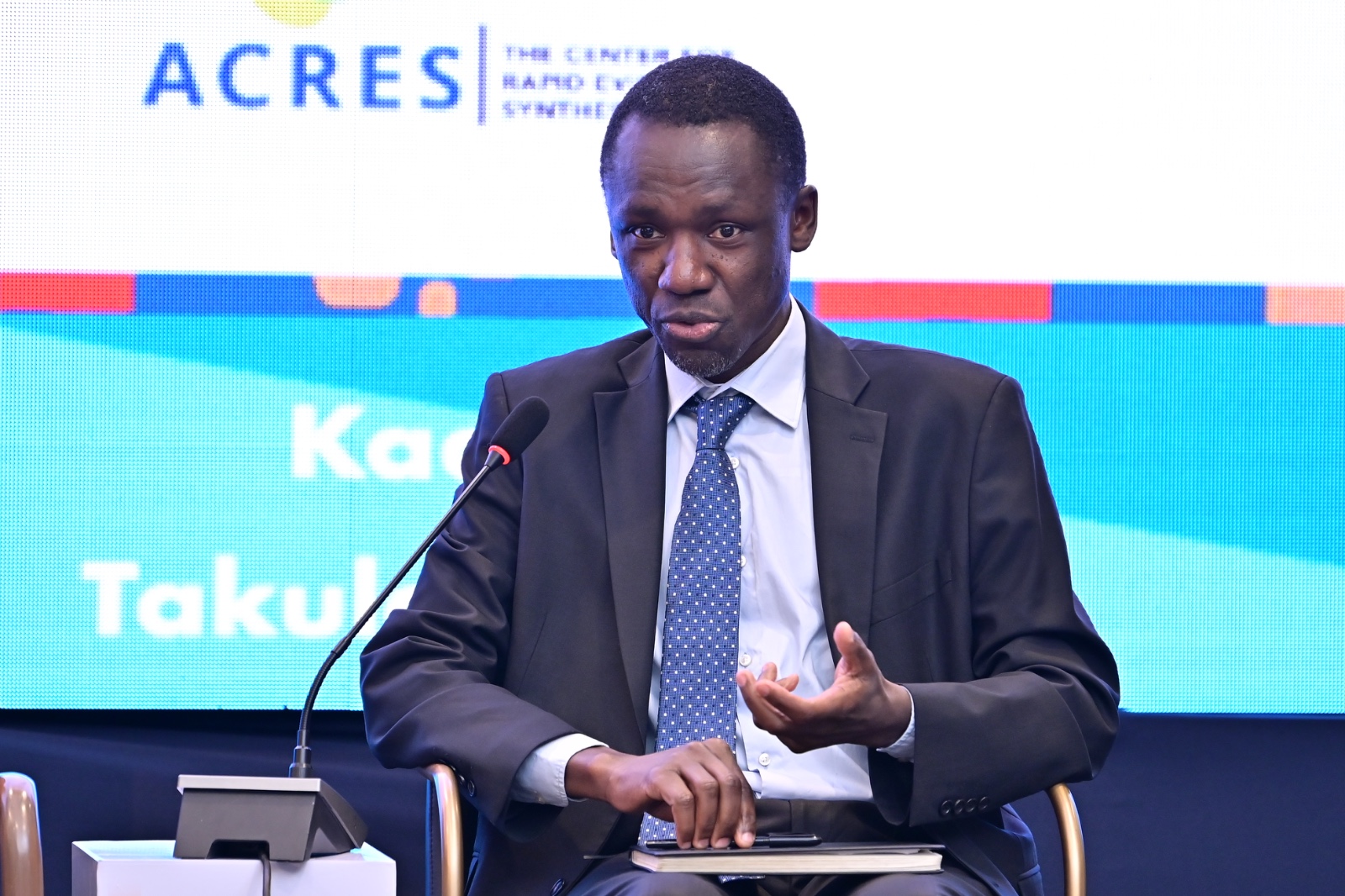
The panellists agreed that stronger
stakeholder engagement, strategic investments in technology, and homegrown
policy solutions will be essential to secure sustainable healthcare systems in
Africa. They urged governments to prioritise bold reforms and partnerships,
especially as fiscal pressures continue to mount.
The Evi4Dev Conference is
co-convened by AUDA-NEPAD, AFIDEP, and the SFA Foundation, alongside other
science, data, and innovation institutions across Africa and globally.


![[PHOTOS] Evidence for Development conference kicks off in Nairobi](/_next/image?url=https%3A%2F%2Fcdn.radioafrica.digital%2Fimage%2F2025%2F05%2Ff68f8d02-9977-4528-856e-febc5b472bde.jpeg&w=3840&q=100)






